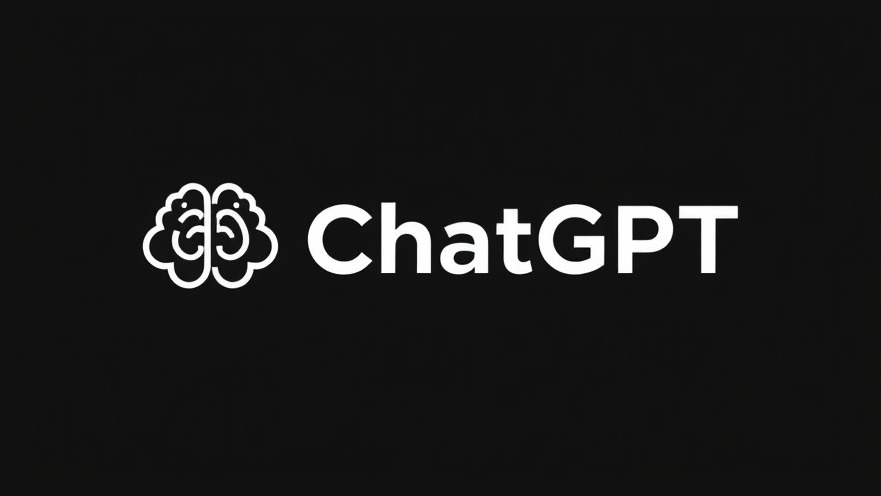
Unleashing the Power of AI Tools in Business
OpenAI's recent updates to ChatGPT could transform how businesses operate. With new connectors allowing integration with popular tools like Google Drive, HubSpot, and Dropbox, the AI can pull live data for real-time engagement. This evolution is designed to enhance productivity; just imagine asking ChatGPT to summarize quarterly goals or analyze project updates all in one chat interface.
Why Businesses Are Excited But Cautious
The excitement among business users, especially with a surge to 3 million paying users, highlights a significant trend: ChatGPT aims to become an essential operating system for work. As Paul Roetzer, CEO of Marketing AI Institute, noted, it’s not just about integration—it's about access. Users will be able to communicate with their data directly through ChatGPT without the hassle of switching between different applications.
Understanding the Governance Risks
However, with innovations come responsibilities. Roetzer stressed the importance of managing these connections carefully; once integrated, ChatGPT can retrieve sensitive information from connected accounts. This could expose businesses to serious governance risks, especially concerning confidential data. Companies must tread carefully to protect sensitive information and comply with existing data privacy regulations.
The Future of Business Efficiency Through AI
As businesses explore AI sales automation and AI lead generation to enhance customer experiences, it’s crucial to have a comprehensive strategy. The recent rollout of a record mode feature that transcribes meetings into actionable summaries is a step toward streamlining operations. It emphasizes the trend toward increasing automation in tasks traditionally performed by human staff. Yet, organizations need to develop clear AI policies to govern how these tools are utilized.
Actionable Insights for Businesses
The call to action for businesses is not simply to adopt the latest technologies but to utilize them wisely. Establish a governance framework around these connectors and engage teams in understanding their capabilities and limitations. Updating AI policies to control access, ensuring data integrity, and assigning accountability for connector management is paramount to avoid potential pitfalls.
The evolving role of AI in business continues to reshape strategies as companies look to enhance productivity and streamline workflows. For those ready to dive into this new world, careful planning and robust governance are vital. Embrace the future of business communications carefully.
 Add Row
Add Row  Add
Add 





 Add Row
Add Row  Add
Add 


Write A Comment